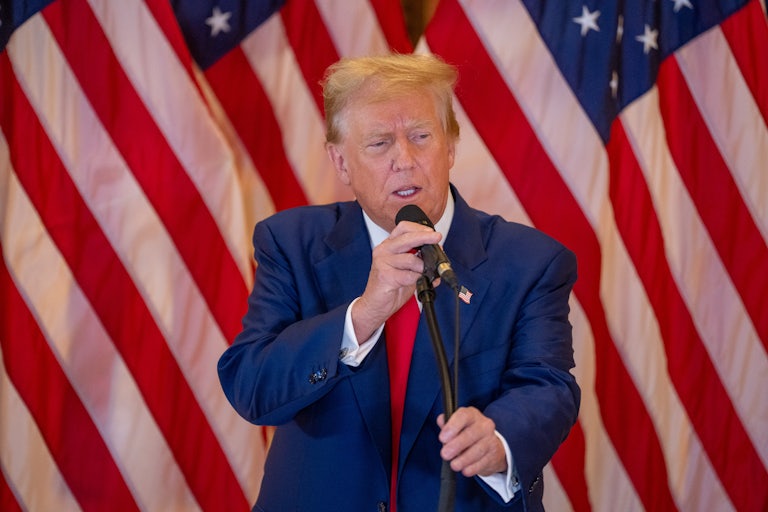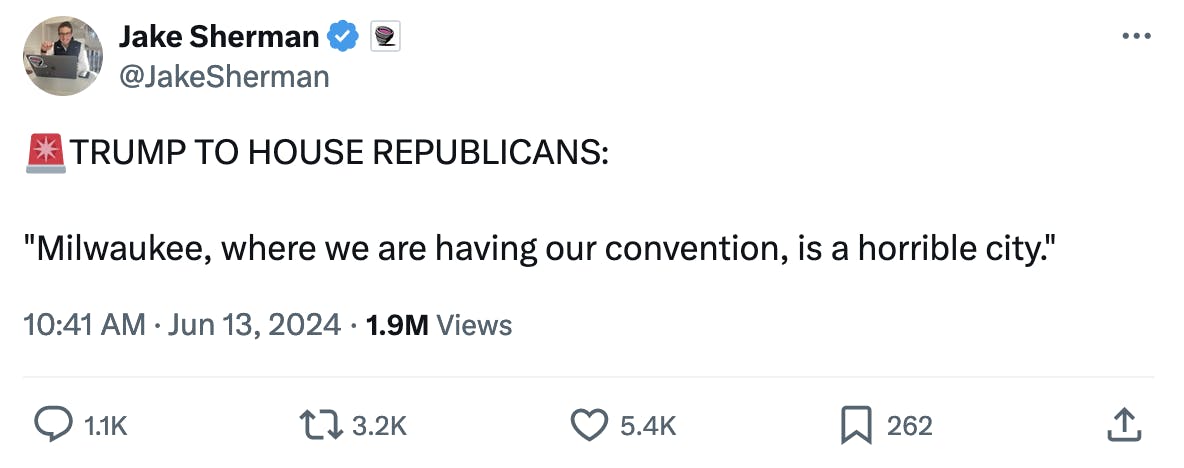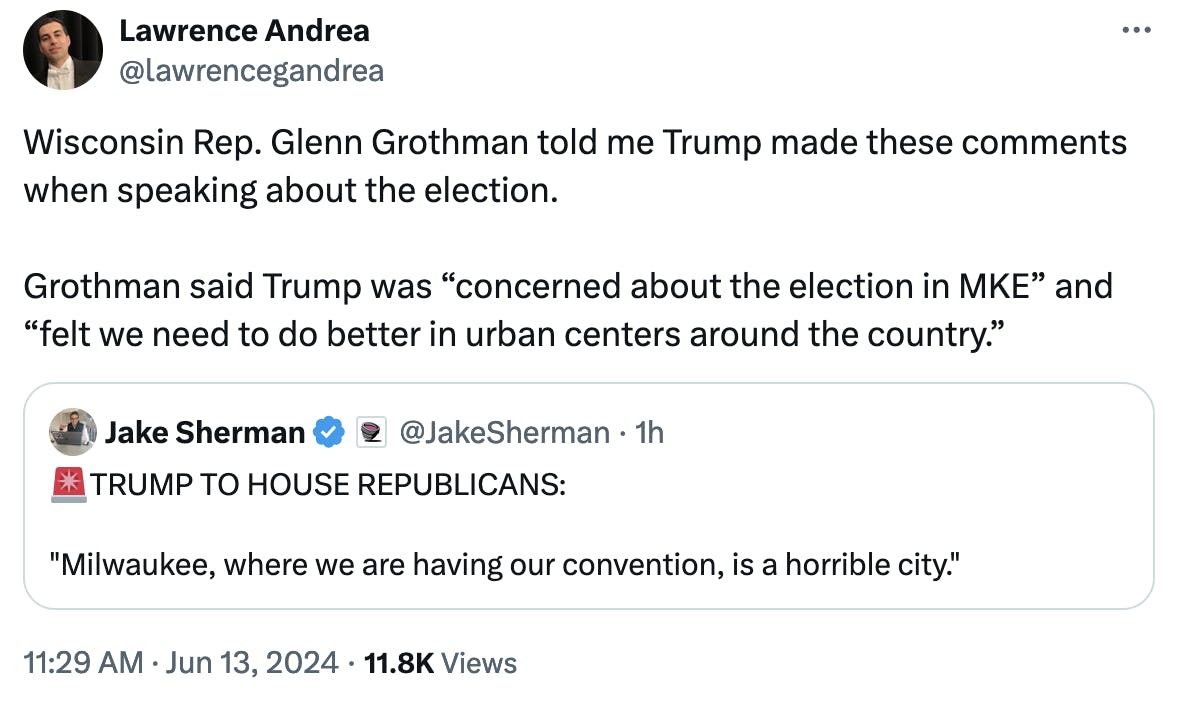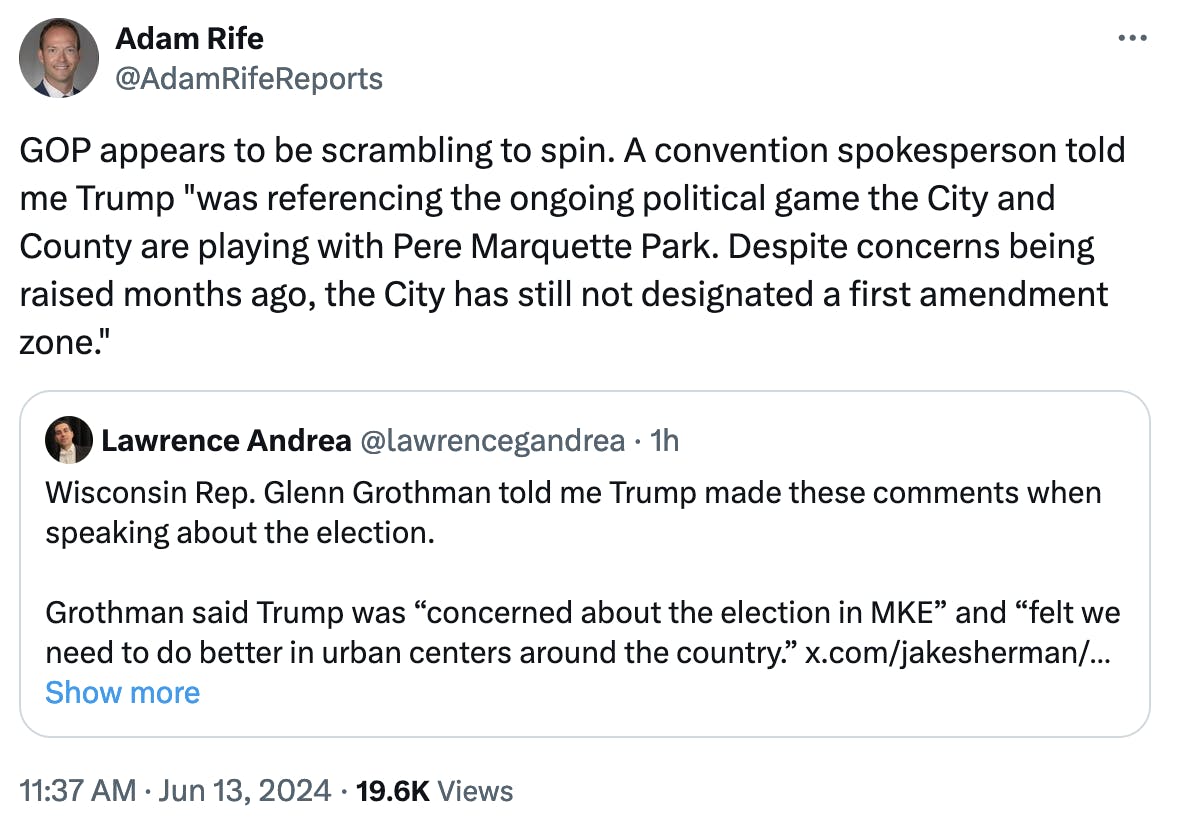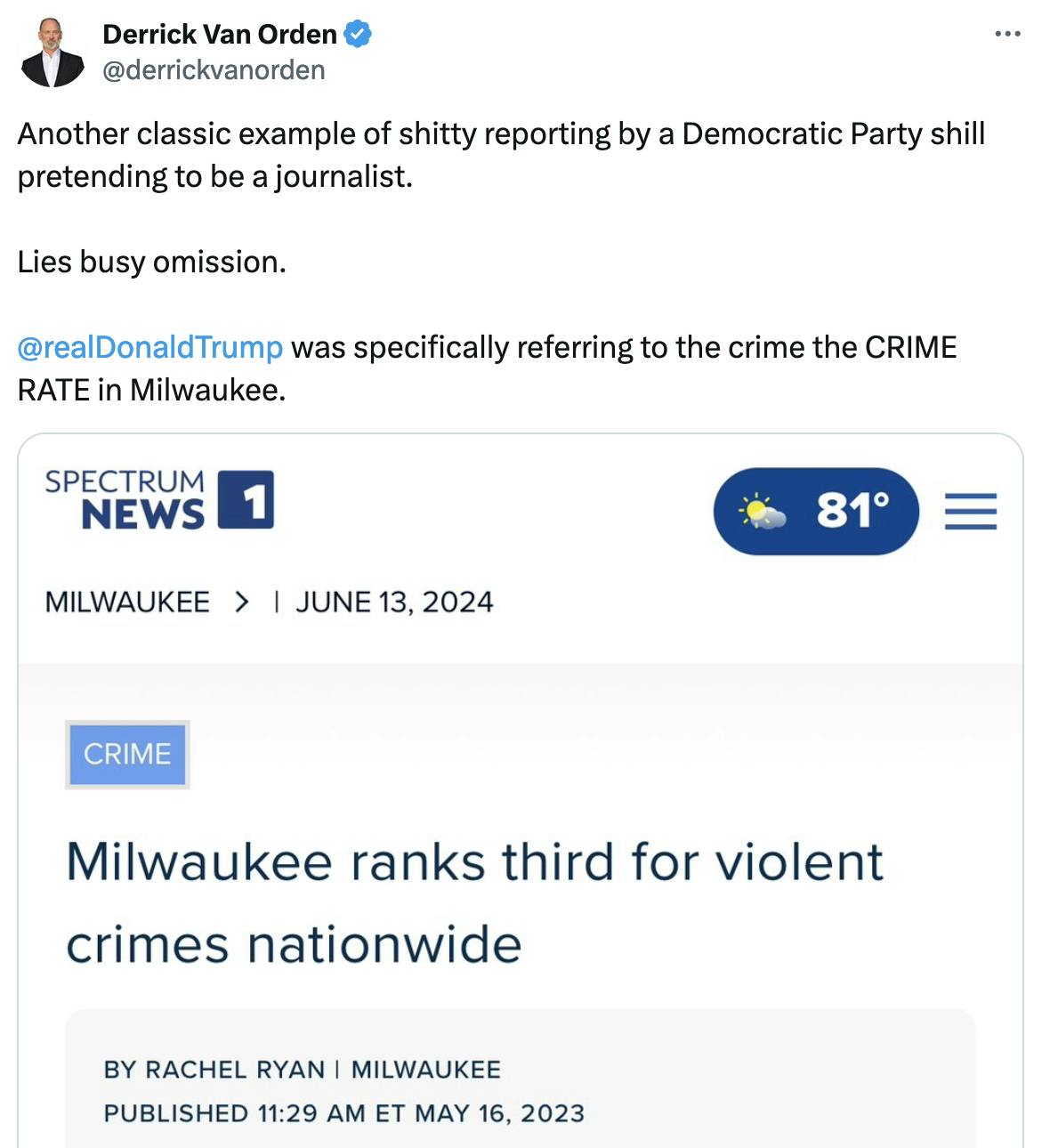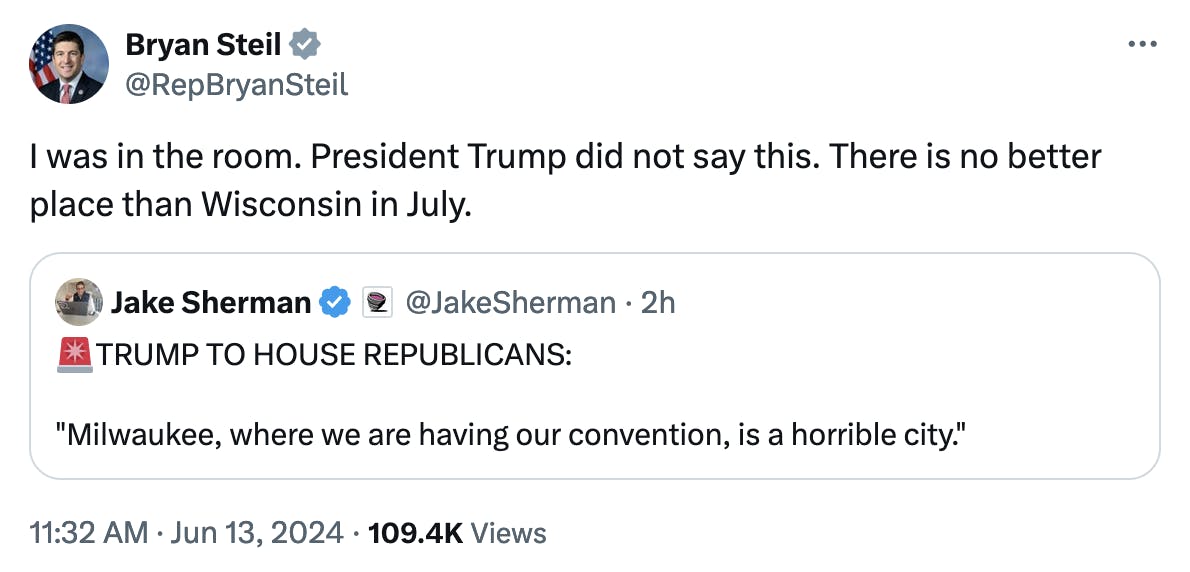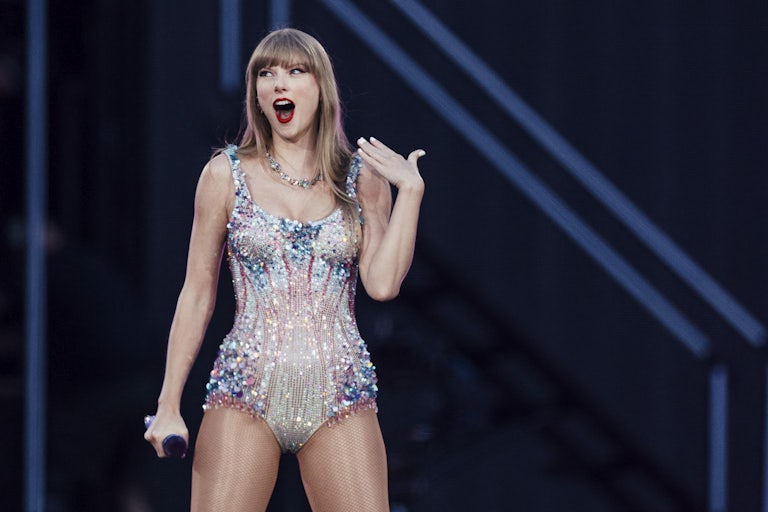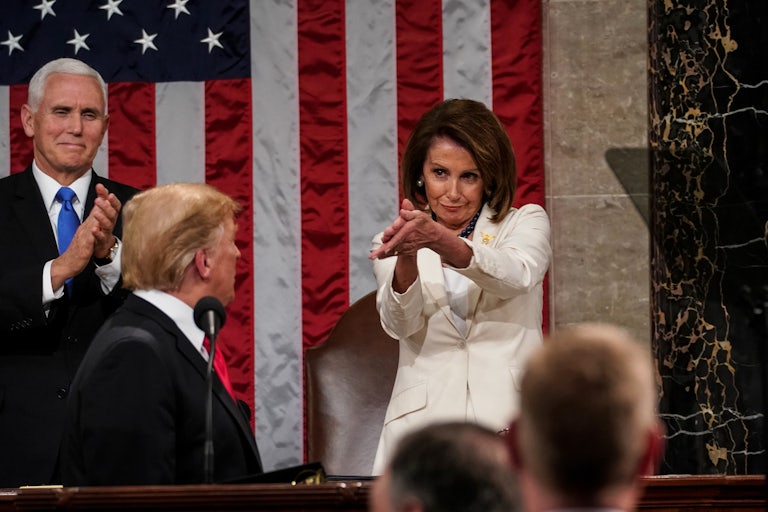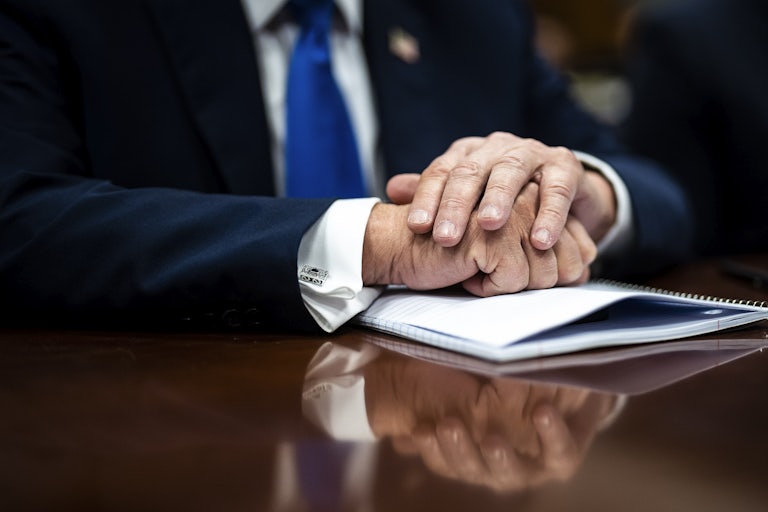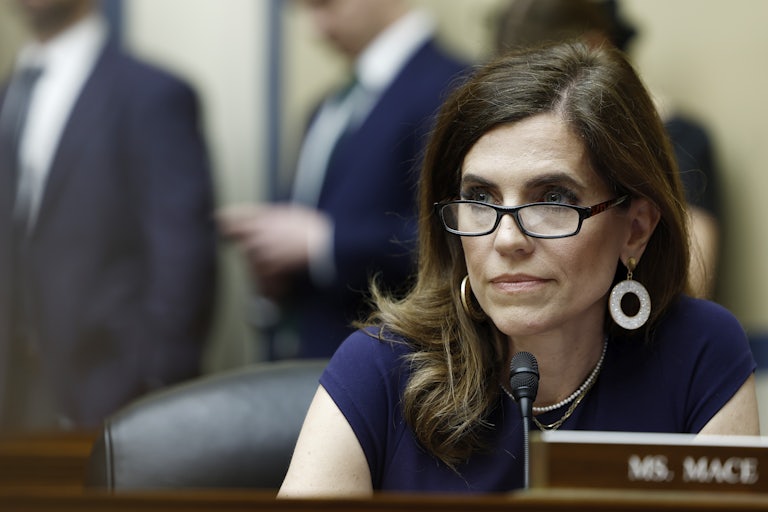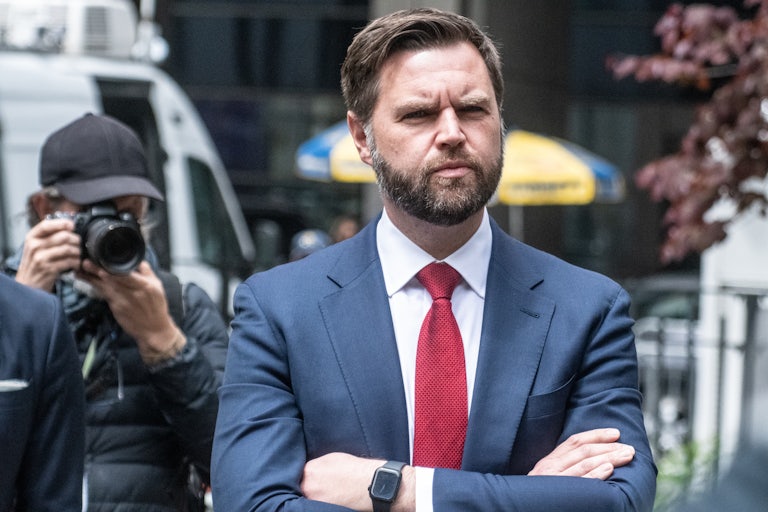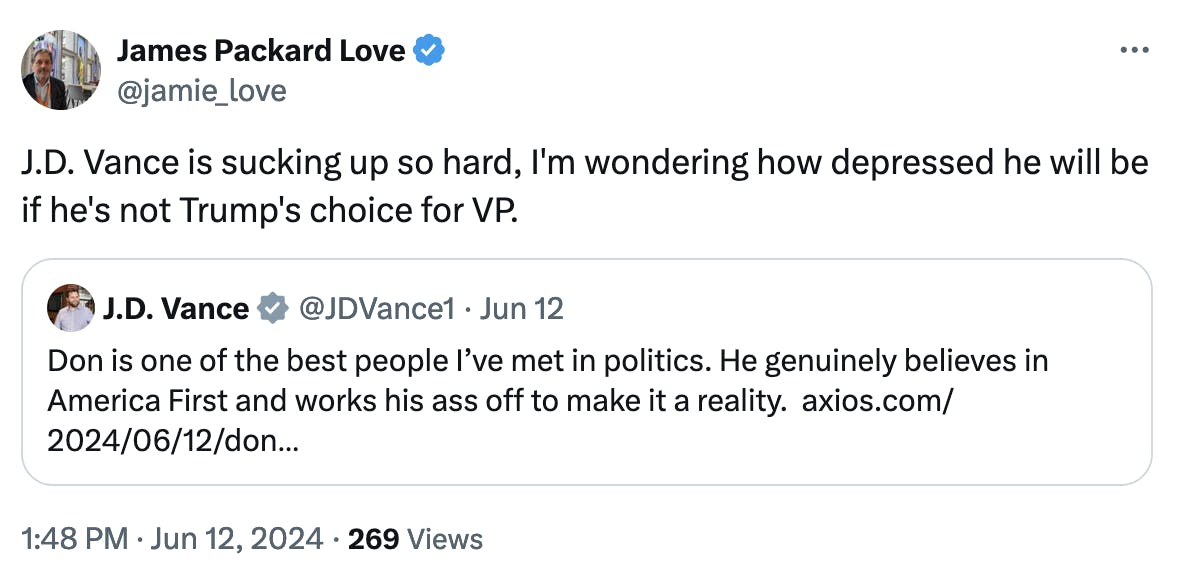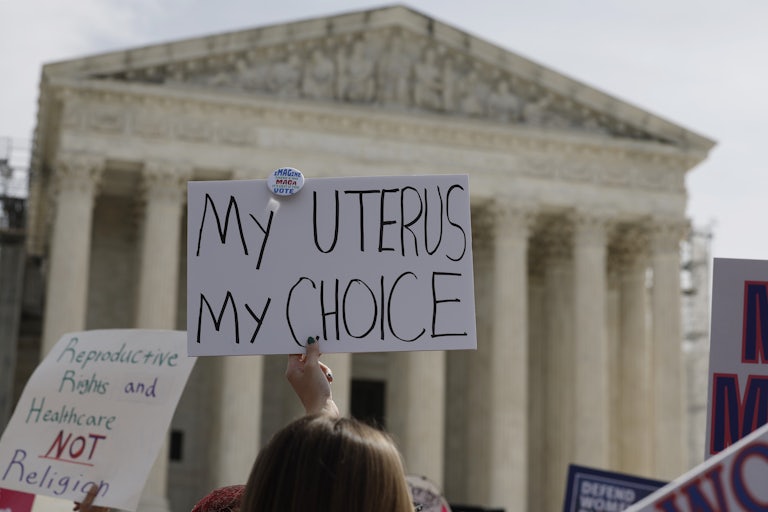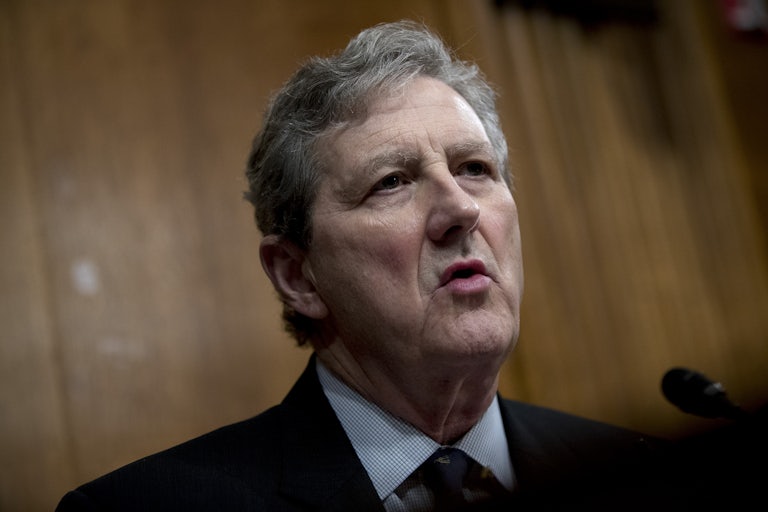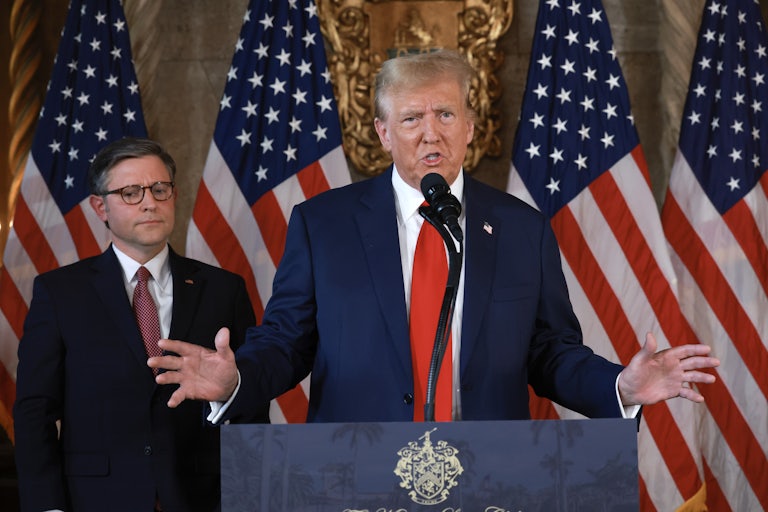Who Will Protect Starbucks if Not the Supreme Court?
Someone needs to look out for union-busting corporations.
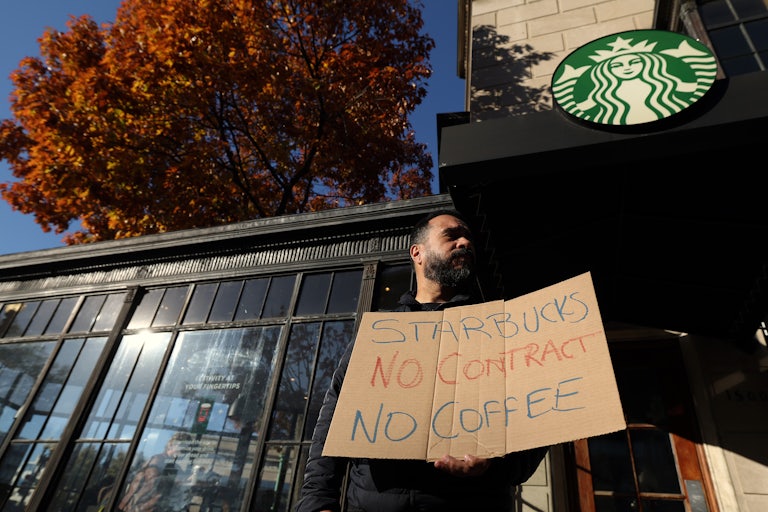
In a major blow to dastardly labor rights that cruelly curtail righteous corporate greed, the Supreme Court ruled in favor of Starbucks on Thursday. The ruling comes amid an ongoing battle between the heroic $25 billion corporation and the evil National Labor Relations Board’s order to rehire the “Memphis Seven,” a group of working class Starbucks employees who had the audacity to organize a union to support workers’ rights. The seven low wage workers were terminated by the java giant, prompting the NLRB to step in.
The case before the Supreme Court was brought by Starbucks seeking to overturn a lower court ruling that affirmed the NLRB’s order for Starbucks to rehire the Memphis Seven, and which issued an injunction against Starbucks for attempting to fight that rehiring. The Supreme Court’s ruling Thursday establishes a new precedent limiting the extent labor organizers and the NLRB can use the courts to enforce their rulings against companies that violate labor law or who unlawfully terminate workers in an effort to union-bust.
The NLRB successfully ordered Starbucks to rehire the “Memphis Seven” in September 2022. The NLRB alleged unfair labor practices for the firings, while Starbucks claimed the seven had engaged in “significant violations” of company policy: Starbucks claimed workers stayed in the store past closing time and allowed interviews by local media. Starbucks took its appeal to federal court and lost in August 2023 before appealing to the Supreme Court.
In response to the ruling, the Memphis Seven wrote, “It is a shame to see the lengths Starbucks is willing to go to destroy their image.” Starbucks Workers United, which represents unionized Starbucks employees, issued a statement on the ruling, calling it “particularly egregious” in light of how curtailed labor protections have become over the years.
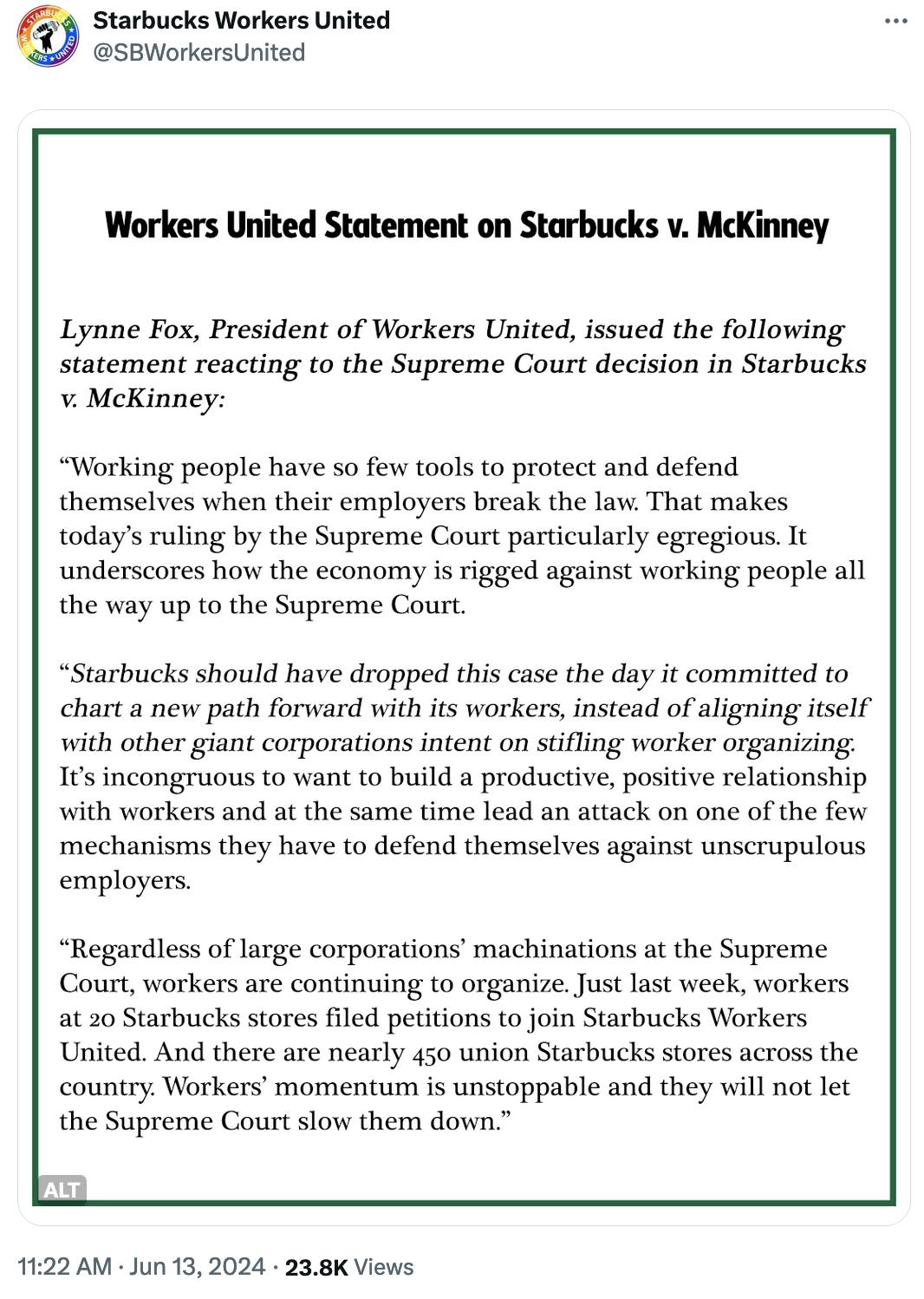
Unionized Starbucks workers and those seeking to unionize have frequently alleged union-busting efforts by the coffee giant, including unlawfully reducing or changing worker-organizers’ schedules or closing locations in retaliation for successful organizing drives. Starbucks has received at least 446 unfair labor practice charges in the past year alone. The Strategic Organizing Center estimates Starbucks has spent $153 million on “anti-union activity,” and is liable for $87 million in denied wages, illegal firings, and store closings.
On Thursday, all nine Supreme Court justices either wholly or partially ruled in favor of Starbucks on the basis of impropriety for courts to intervene on matters that can be—and in this case were—resolved by the National Labor Relations Board. Conservative Justice Clarence Thomas wrote the majority decision and pointed to “traditional rules” of courts not stepping in, with liberal justice Ketanji Brown Jackson partially concurring. “I am loath to bless this aggrandizement of judicial power where Congress has so plainly limited the discretion of the courts, and where it so clearly intends for the expert agency it has created to make the primary determinations about both merits and process,” wrote Jackson. The ruling effectively neutralizes the NLRB’s ability to use the court system to enforce its rulings against combative companies, marking the loss of one of the few tools left to combat intensified corporate union-busting.
This article has been updated.
